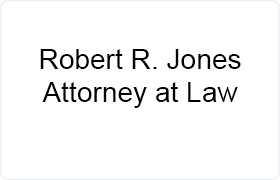San Antonio Misdemeanor Lawyer, Texas
Sponsored Law Firm
-
 x
x

Click For More Info:
-
Robert R. Jones Attorney at Law
3526 E. FM 528 Suite 204 Friendswood, TX 77546» view mapCriminal Defense Expert Representation for Reasonable Rates
If you need representation, call me 24/7.
800-883-8760
Jaime Aldape
✓ VERIFIEDCriminal, Felony, Misdemeanor, DUI-DWI
100% Criminal Defense
The Aldape Law Firm P.L.L.C. is 100% devoted to criminal defense. This includes: State and Federal Criminal Cases - examples: DWI, Drug Possession... (more)
FREE CONSULTATION
CONTACTFREE CONSULTATION
CONTACTFREE CONSULTATION
CONTACTRobert Tylden Shaeffer
Juvenile Law, Misdemeanor, DUI-DWI, Criminal
Status: In Good Standing Licensed: 34 Years
FREE CONSULTATION
CONTACTLarry Dean Bloomquist
Criminal, Felony, Misdemeanor, White Collar Crime, DUI-DWI
Status: In Good Standing Licensed: 22 Years
FREE CONSULTATION
CONTACTLea Ann Ream
Litigation, Employee Rights, Employment, Family Law, Misdemeanor
Status: In Good Standing Licensed: 33 Years
 Robert Jones Friendswood, TX
Robert Jones Friendswood, TX AboutRobert R. Jones Attorney at Law
AboutRobert R. Jones Attorney at Law Practice AreasSpecializations
Practice AreasSpecializations


